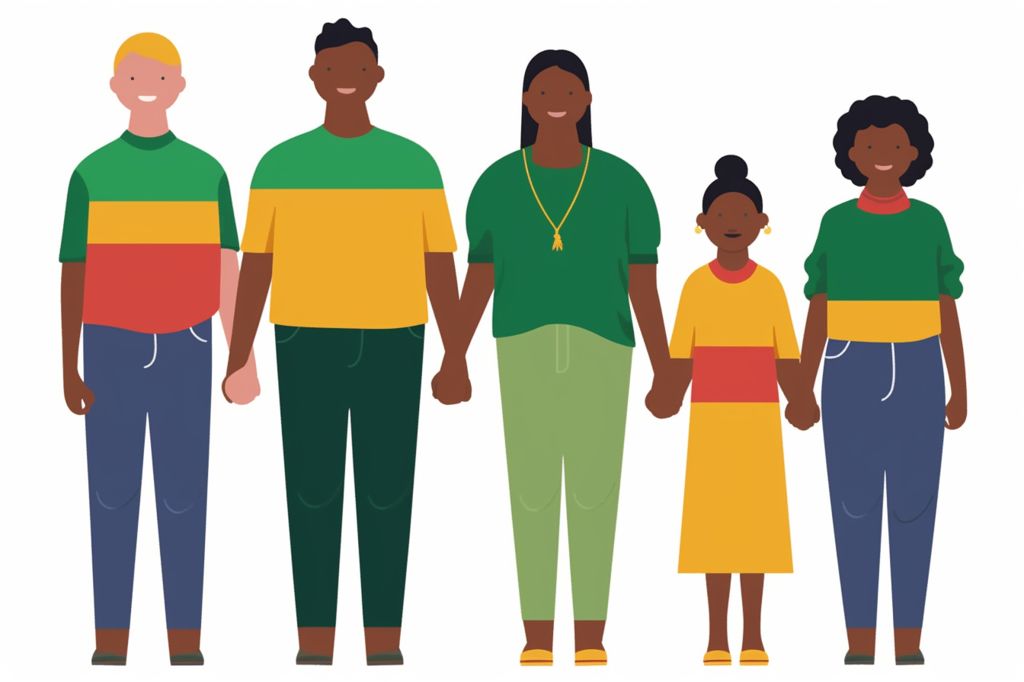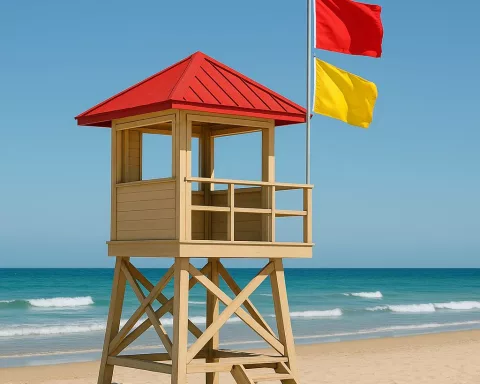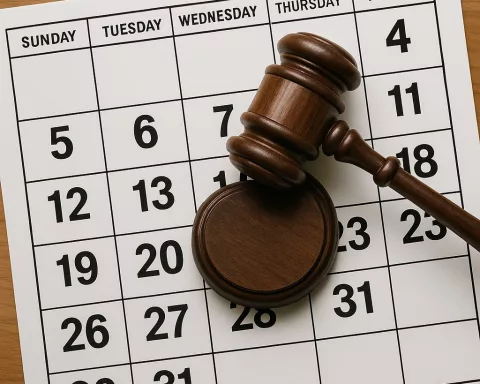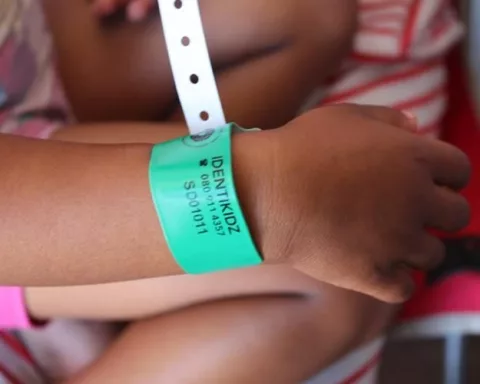The 2023 National Freedom Day celebrations were marked by a speech from President Cyril Ramaphosa. In his address, he discussed several issues concerning the history of Matlosana, the progress that had been made since the advent of democracy, and the challenges that the country still faced. While acknowledging the progress made over nearly three decades of democracy, he also recognized that there was still much work to be done.
Progress and Challenges
President Ramaphosa noted that mineworkers and other vulnerable workers now had the rights that were denied them during the apartheid regime. He also pointed out that all schools were open to all races, and millions of learners from poor households attended no-fee schools. In addition, social grants supported approximately 18 million poor and vulnerable people. However, poverty, unemployment, and inequality still defined the lives of millions of South Africans, and many families across the country were experiencing great hardship and uncertainty.
Adversity and State Capture
The President highlighted that South Africa had been affected by a global financial crisis, political, social, and economic shocks, worsening natural disasters, and the most severe global pandemic in over a century. He also acknowledged that the country was feeling the effects of state capture, corruption, and concerted efforts to weaken public institutions.
Meaningful Freedom
President Ramaphosa emphasized that freedom could not be meaningful when South African homes and businesses were without electricity for several hours in the day. He underlined that the government was using every means at its disposal to restore Eskom’s power stations and build new generating capacity as a matter of the greatest urgency. The President also highlighted that freedom could not be meaningful when more than 10 million South Africans were out of work. He noted that the government needed to pursue reforms to make the economy more competitive, more inclusive, and more attractive to investors.
Safety and Security
President Ramaphosa also noted that freedom could not be meaningful while communities lived in fear of gangsters and women lived in fear of men. He emphasized that the government needed to do much more to improve the effectiveness of the police and strengthen the criminal justice system. Moreover, the President stressed that the government needed to unite as a society to end the violence perpetrated by men against women and children.
Unity and Civic Duty
In conclusion, President Ramaphosa emphasized the importance of unity in South Africa. He urged South Africans to come together to sort out their differences and solve their problems. He emphasized the importance of standing firm against corruption and the theft of state resources and taking action against businesses that avoided paying taxes or cheated their workers. Finally, he urged citizens, especially young South Africans, to register to vote next year, exercise their civic duty, and safeguard the gains of democracy for future generations. He noted that the Constitution was a shelter for all and that South Africans should think of the country as a large family, acknowledging that families have quarrels, disagreements, and fights, but they also pull together.












